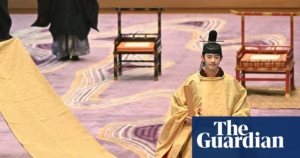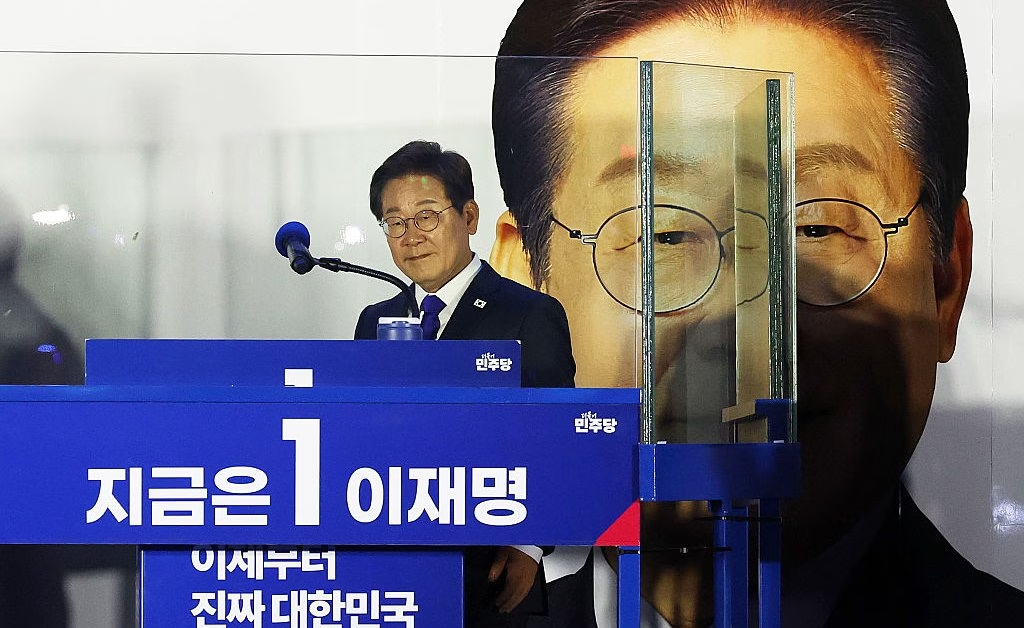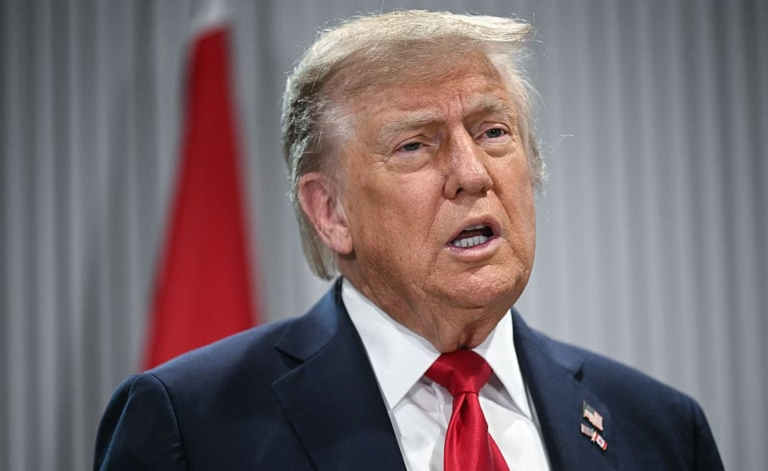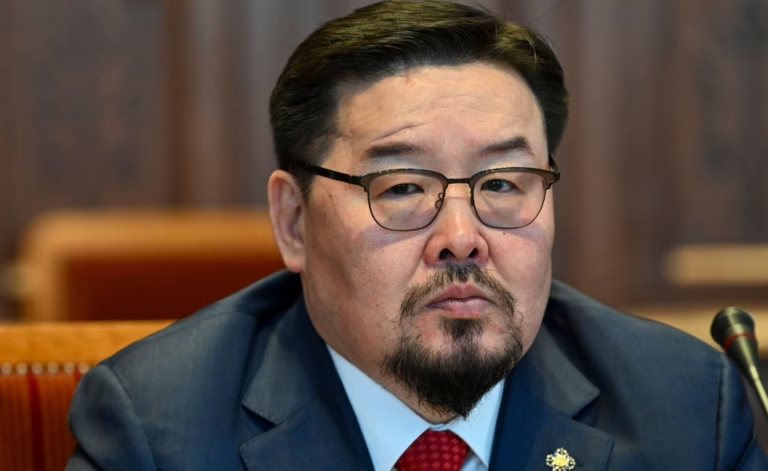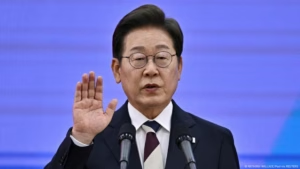The outcome of the South Korean presidential election was never in dispute. Lee Jae-myung emerged victorious, securing 49% of the votes in a snap election triggered by the impeachment of former President Yoon Suk-yol. This event marked a significant moment in South Korea’s political landscape, as Yoon’s declaration of martial law in December had plunged the nation into turmoil, affecting the entire East Asian region.
The true question now lies in which version of Lee Jae-myung will govern South Korea, a highly polarized nation of 50 million people. The former labor-rights lawyer and activist has transformed from a U.S.-skeptic, China-friendly progressive into a pragmatic moderate during his campaign trail. He even praised U.S. President Donald Trump in an exclusive interview with TIME.
South Koreans will undoubtedly hope that Lee, at 61 years old, can restore stability to a country that has experienced six months of political paralysis. Under Yoon’s rule, efforts to address the economic challenges faced by South Korea, which heavily relies on exports, were hindered. Lee has promised a fiscal stimulus package to boost the country’s growth, but there are no easy solutions to issues such as empty classrooms, a high rate of teachers quitting, and the world’s lowest fertility rate of just 0.75 births per woman.
During his victory speech, Lee vowed to restore democracy, mend the divided society, and alleviate the rising costs of living to prevent further deterioration of people’s livelihoods. Beyond stabilizing the democratic foundation of South Korea following the martial law debacle, Lee’s presidency carries significant implications for America’s East Asian security alliances and the nation’s ties with China. Additionally, it affects the relationship with estranged, nuclear-armed sibling North Korea.
Lee emphasized the importance of securing peace and stability on the Korean peninsula during his interview with TIME. He specifically highlighted the military alliance between South Korea and the United States as the cornerstone for achieving this goal. Despite his past skepticism of U.S. ties, Lee now actively supports these links, even going against the Democratic Party’s usual stance.
Domestic issues such as high youth unemployment and record-low fertility rates were prominent topics during the election campaign. However, inter-Korean relations, including North Korea’s support for Vladimir Putin’s invasion of Ukraine and its numerous missile tests, cannot be forgotten.
Regarding Lee’s potential legal challenges following his election win, his alleged involvement in criminal cases, including bribery and corruption, will need to be closely watched. This raises concerns about a potential constitutional crisis in a country yearning for stability and the resolution of pressing social and economic issues.
Source: https://time.com/7290981/lee-jae-myung-south-korea-president-election-challenges/

